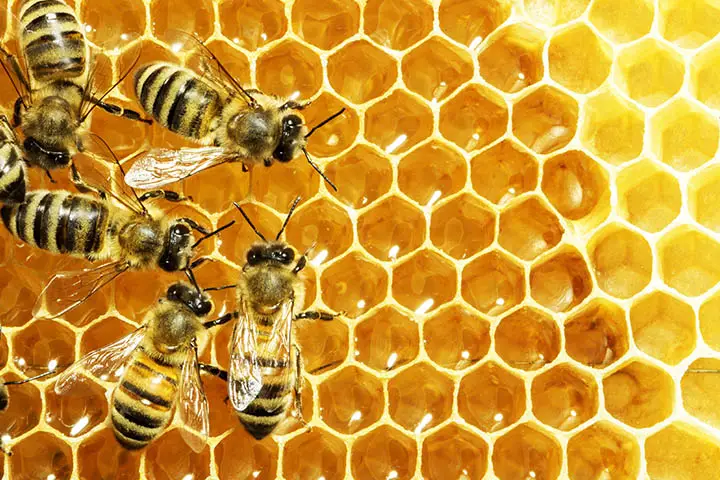Sweet Facts About Honey: Nature’s Golden Elixir
Honey is more than just a sweet treat. It’s a marvel of nature with a rich history and an array of surprising benefits. From its ancient origins to its diverse uses, honey has captured the fascination of cultures around the world. Here’s a dive into some of the most interesting facts about honey that highlight why this golden elixir deserves a place in your pantry.
The Origins of Honey
Honey production dates back thousands of years, with evidence of honey being used by ancient civilizations including the Egyptians, Greeks, and Romans. Archaeologists have even discovered pots of honey in ancient Egyptian tombs that are over 3,000 years old and still perfectly edible! This remarkable longevity is due to honey’s natural preservative properties, which inhibit the growth of bacteria and mold.

The process of making honey begins with bees collecting nectar from flowers. The nectar is then transported back to the hive, where it’s converted into honey through a combination of enzymes and evaporation. This intricate process results in a substance that is not only delicious but also remarkably durable.
Health Benefits and Uses
Honey is renowned for its various health benefits. It’s rich in antioxidants, which help combat oxidative stress and inflammation in the body. Certain types of honey, such as Manuka honey, are known for their potent antibacterial properties, which can aid in wound healing and soothe sore throats.
In addition to its health benefits, honey is a versatile ingredient in cooking and baking. It can be used as a natural sweetener in place of sugar, adding a unique flavor to dishes and beverages. Honey’s ability to retain moisture also makes it an excellent ingredient for baked goods, contributing to their softness and flavor.

Fascinating Varieties
Honey comes in an astonishing array of flavors and colors, depending on the flowers the bees visit. For example, clover honey is light and mild, while buckwheat honey is dark and robust. Each variety offers its own distinct taste profile and color, making honey a versatile addition to your culinary repertoire.
The texture of honey can also vary, ranging from smooth and runny to thick and crystallized. Crystallization is a natural process that occurs over time, especially in raw honey. It doesn’t affect the quality or taste of the honey, and it can easily be reversed by gently warming the jar.
Honey and the Environment
Beekeeping is not only beneficial for honey production but also plays a crucial role in supporting the environment. Bees are essential pollinators, helping to fertilize plants and flowers, which supports biodiversity and the health of ecosystems. By supporting sustainable beekeeping practices, we contribute to the preservation of these vital pollinators and their habitats.
Conclusion
Honey is truly a remarkable substance with a rich history and a multitude of benefits. From its ancient origins to its diverse health benefits and culinary uses, honey continues to be a cherished ingredient in kitchens around the world. Whether you enjoy it as a sweetener, a natural remedy, or a flavorful addition to your recipes, honey’s golden allure is a testament to nature’s incredible ingenuity.
For more sweet insights into natural wonders and culinary delights, follow our blog. Discover the fascinating world of ingredients and explore the treasures that nature has to offer!






